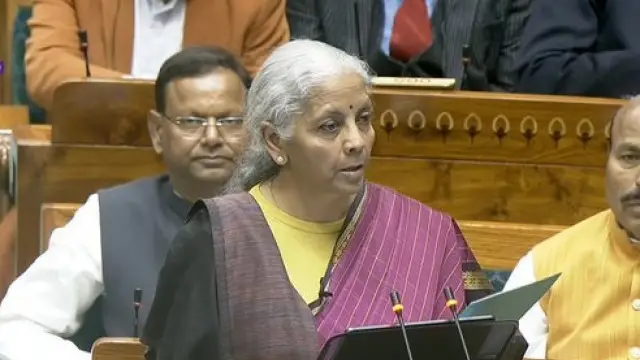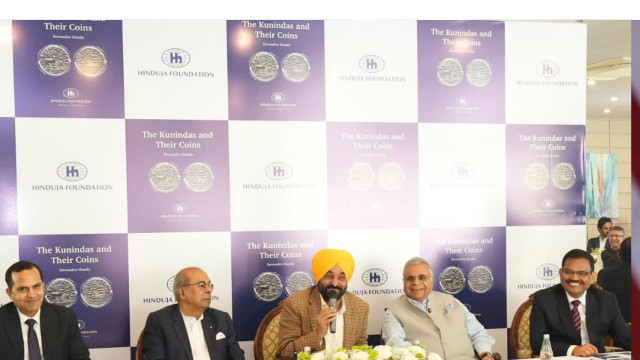India Faces New Covid-19 Wave: JN.1 Variant Sparks Concern with Rising Cases
A fresh wave of Covid-19 cases has put India on high alert as the JN.1 variant, a descendant of the Omicron BA.2.86 lineage, drives a surge in infections across states like Kerala, Maharashtra, and Tamil Nadu.

India is grappling with a fresh surge in Covid-19 cases, driven by the JN.1 variant, a highly transmissible descendant of the Omicron BA.2.86 lineage. First identified in August 2023, this variant has sparked concern due to its ability to evade immunity, with approximately 30 mutations enhancing its spread. As of May 19, 2025, the Union Health Ministry reported 257 active cases, the highest in a year, prompting heightened surveillance across the nation.
Regional Impact and Case Distribution
The surge is most pronounced in southern and western states, with Kerala reporting 69 cases, Maharashtra 44, and Tamil Nadu 34 since May 12. Other states, including Karnataka, Gujarat, and Delhi, have also recorded new infections, though numbers remain low relative to India’s population. Mumbai reported two Covid-related deaths, both involving patients with pre-existing conditions, highlighting the need for vigilance among vulnerable groups. Most cases are mild, requiring no hospitalization, but the uptick has raised concerns.
Symptoms and Public Health Response
JN.1 symptoms mirror earlier Omicron strains, including fever, sore throat, runny nose, fatigue, and, in some cases, diarrhea. Health authorities emphasize that the variant is not more severe but spreads efficiently due to waning population immunity. The Indian SARS-CoV-2 Genomics Consortium (INSACOG) has detected sub-variants like LF.7 and NB.1.8, classified as Variants Under Monitoring, in states like Tamil Nadu and Gujarat. The government has ramped up testing and genomic surveillance to track the variant’s spread and prevent a broader outbreak.
Precautions and Future Outlook
Experts urge the public to adopt preventive measures, such as mask-wearing, hand hygiene, and avoiding crowded spaces, especially for the elderly and immunocompromised. Booster vaccinations are recommended to counter waning immunity. While the situation remains under control, the recent surge in Southeast Asia, with Singapore reporting over 14,000 cases in early May, underscores the need for proactive measures to avert a repeat of past waves.
















